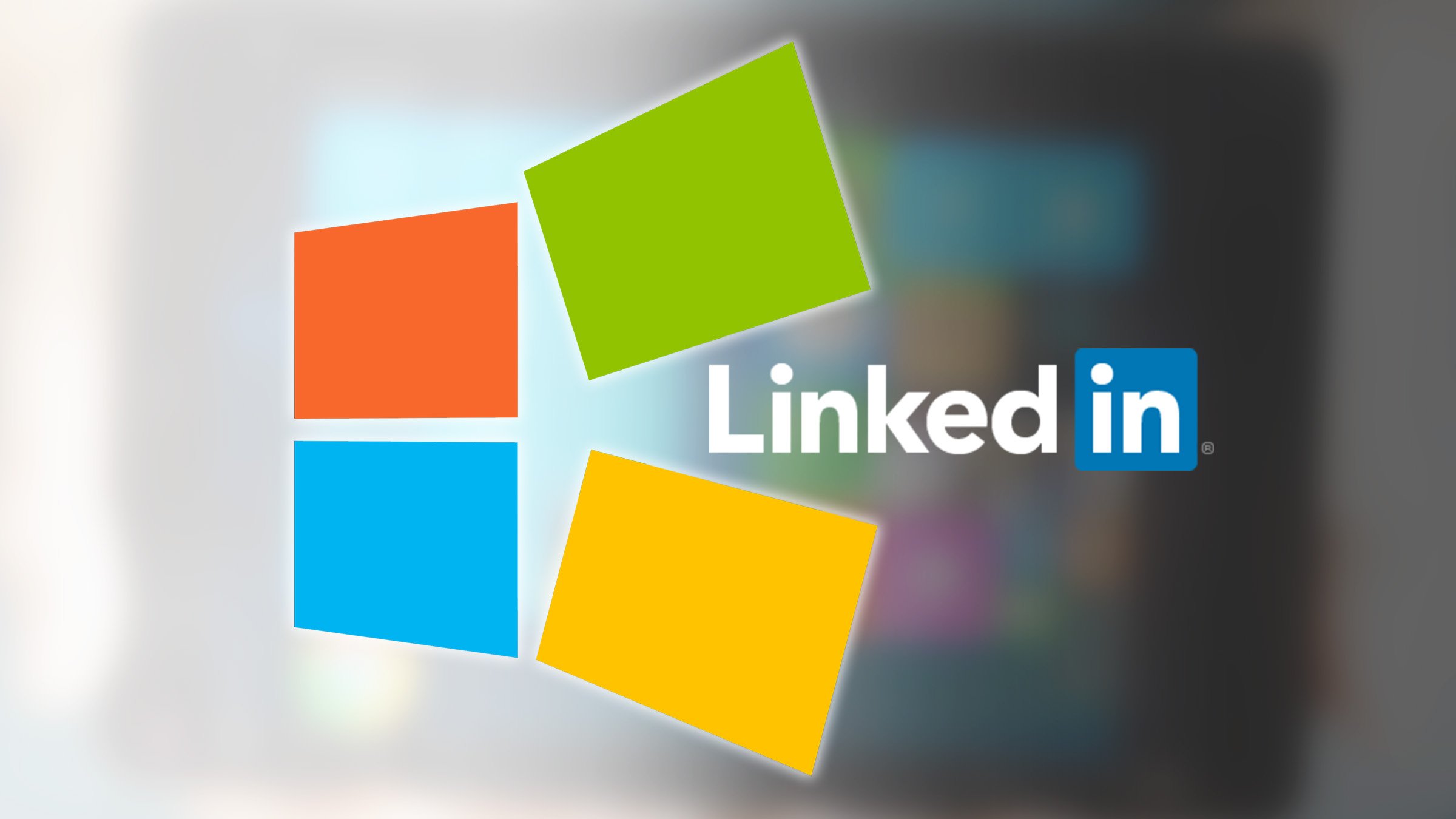

Maimai, the local competitor to LinkedIn’s social functions, has 110 million users - more than double LinkedIn’s number - and a vibrant, gossipy community, packaged in a superior user experience with a gamified, mobile-native design.Īnecdotally, a fifth of my 4,000+ LinkedIn contacts are in China. WeChat is where you store your business contacts, and has much better engagement with features like the Moments feed. Nor is LinkedIn the place where Chinese professionals maintain their network or flaunt their achievements. LinkedIn China’s audience is mostly returnees, expatriates, multinational corporation employees, and maybe those who need to sell to or recruit foreigners, such as those in the export-import business. While its numbers grew steadily - from 4 million when he took over to about 50 million now - it isn’t widely used in China, except by those with an overseas link. The fundamental problem is that LinkedIn never managed to take hold in China despite Derek Shen’s drive to localize the product and learn from the stumbles of his peers. Microsoft has decided to take the path of least resistance. So, it won’t exit entirely, but will continue in a way that runs the lowest risk of running afoul of either the Chinese or American authorities. LinkedIn said it will be transitioning to a new, standalone jobs app called InJobs, with no features for posting or sharing content, an aspect that was becoming problematic for the company. Almost seven years later, Microsoft-owned LinkedIn is gutting its services in China - the final blow after years of low-value growth, increasing scrutiny in the U.S., and political scuffles with the mainland government. company attempting to crack China, was frankly unheard of. His first step was to launch a new Chinese-language app called Chitu, completely designed from scratch and targeted at younger employees. He reported directly to the CEO - rare for a multinational corporation.

He had built a strong relationship with the global board, who trusted him to run his ship. The company had spent four years studying the market before it hired him, and Derek had painstakingly scrutinized all the pitfalls of those failed attempts to enter the Chinese market.

This venture would be different from all the previous failed Chinese expansions by foreign companies, he assured us. Over Peking duck with a handful of expat entrepreneurs and investors, he carefully explained why he took the role. I remember a dinner with Derek Shen, LinkedIn China’s first president, when he first started his job.


 0 kommentar(er)
0 kommentar(er)
